How to offer a hurt and frightened child to offer safety and protection
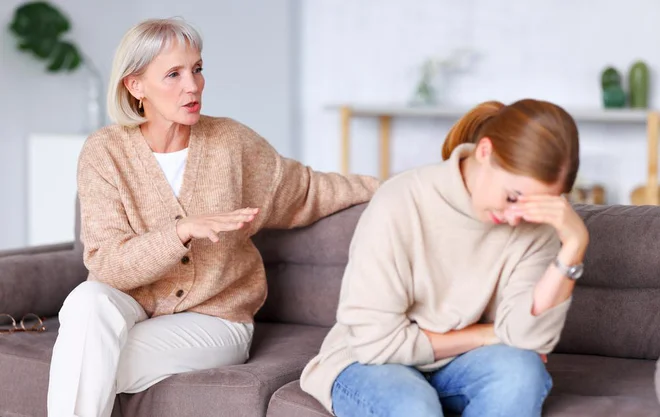
How to approach a child when shooting at school appears on newspapers? Nine advice at Unicef is advised to support and comfort a child who can do no matter where he or she lives In the event of tragic events as it was in Graz, She experiences fear, sadness, anger and anxiety.
Children respond differently to unwanted events; Some signs of distress may not be so obvious. Younger children can become more closed than usual, and teenagers can show strong sadness or anger. Many of these responses only take a short time and are normal responses to stressful events. If these responses last for a long time, your child may need professional help, Unicef points out.
Child’s impulsiveness or need for stimulation as the most important dimension of psychopathy
In 2022 is Silvija Ručević from the University of Osijek published an interesting survey on parental psychopathic traits and their interaction with the psychopathic characteristics of children « as predictors of perceived parental behavior five years later ». In a summary published on the website Researchgate.net, writes:
“At the intervals of five years, the study explored the psychopathic personality of parents and its interaction with the child’s psychopathic characteristics as predictors of parenting practices. The study included 175 children. At these times 1, parents evaluated their psychopathic traits, and kindergarten educators evaluated the child’s psychopathic characteristics. Five years later, parents evaluated their parenting practices.
In general, parents’ own personality was a stronger predictor of various negative parental behaviors than a child’s personality, with the parental insensitive affect the strongest connection with parental behavior between the dimensions of parenting psychopathy.
Similarly, the child’s insensitive and unhealthy qualities were the most powerful announcer of future parenting. However, of 36 possible interactions tested between parental and child psychopathic characteristics, which predict future parental behavior, were only three important.
Specifically, the child’s impulsiveness or the need for stimulation has proven to be the most important dimension of psychopathy, and it is interesting that all parental psychopathic traits affected this characteristic.
In general, these results show that in the presence of parental psychopathic traits, the characteristics of child psychopathy may have a limited impact on parental practice, with children with high impulsiveness or the need for stimulation the most exposed to the risk of negative and violent parenting. «
Parents should first find out what a child knows about an event that shook and how he feels, and then choose the right time and place when they can speak naturally about the subject when the child feels comfortable, for example, during a family meal, not just before bedtime.
Alerts to the blank
Dr. Leonida Zalokardirector of the Planina Expert Center, years ago, he warned that in Slovenia we will not successfully master violence for as long as « until violent, aggressive children and adolescents with these moves (insensitive non -insensitive moves, op) in Slovenia also recognized in a timely manner, that is, as early as possible in kindergarten, as is long -term practice abroad, and focused on appropriate programs. »
According to Zalokar, the reduction of the criminal liability is also not helping us because « we do not have the appropriate programs for this kind of category of children. » Responsible people behave as if this phenomenon is not in Slovenia, Zalokar warned: « When we point out this category of children, even if we use an established professional term ‘psychopathic moves’ abroad, they try to degrade, humiliate and discredit us, accuse populism that we make panic … » «
Some children will have complicated questions, others may suffer in silence. For younger children, the conversation is also appropriate to start drawing, stories and other activities. This is an opportunity to reassure and correct any inaccurate information that may have encountered online, television, school or friends, Unicef warns.
Care should not be reduced, much less rejected. They should be told that everything they feel is naturally, and to listen to them and let them know that they can talk to you or other trusted adult at any time.
Be calm …
Parents should keep calm. Children have the right to know what is happening in the world, but they also need to be protected from distress. Because children accept emotional signals from adults, they cannot share too much of their fears, but they need to be ensured that many people strive for child safety everywhere, and especially in schools. It doesn’t matter if parents have why they do not have an answer, but they can assure the child to seek it – and do so, and should alert the child to reliable resources online.
… find a positive story …
It is also important for children to know that people help each other with brave and friendly actions. Positive stories, such as, for example, about the first mediators and people who strive to prevent weapons from being in schools are many …
Some children have complicated questions, others suffer in silence. Photo: Evgeny Atamanenko/Shutterstock
It is a good idea to show a child how he or she can act and suggest him or her to draw a poster or write a song about safe schools…, but at the same time we have to tell him that his voice counts – let him be so small.
… let the child take action too …
No one else is more appropriate to take up the safety of children, like young people themselves, claims at Unicef. According to them, students can ask the school management about security procedures for visitors to the school, the measures taken by the school to prevent shooting at schools, and how students participate in the design and implementation of security plans.
At the end of the conversation, parents must make sure that the hardship in the child has passed through his body of his body and the tone of voice, breathing… and reiterate him that they are always with him when he or she will need them.
Sometimes it hurts the body
With every tragic events that occur in relation to schools, parents should remember to check their child’s well -being. Pay attention to the child is anxious or anxious, or even sue over abdominal pain, headaches, night morals or sleep problems. A child’s stress can be reduced by abdominal breathing.
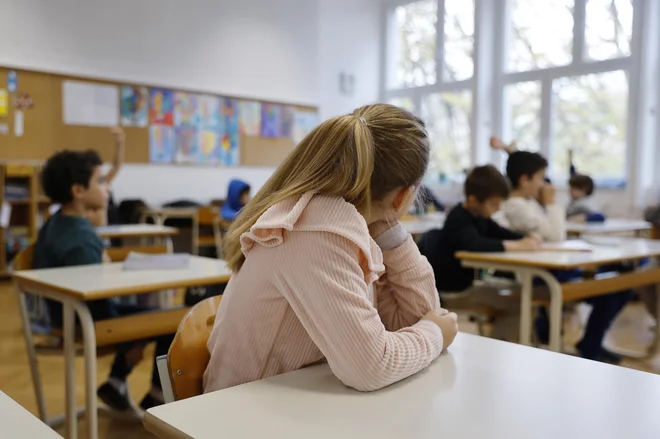
Care should not be reduced, much less rejected. Photo: Leon Vidic/Work
It is also important to limit the flood of worrying and exciting news and be careful about how we talk about shooting in schools and weapons violence if children are nearby.
However, parents will be able to help children better if they cope well with problems themselves, not to mention at UNICEF, calling for government and non -governmental organizations, and especially schools to continue to invest in the good mental health and well -being of children and young people so that they can achieve their full potential.

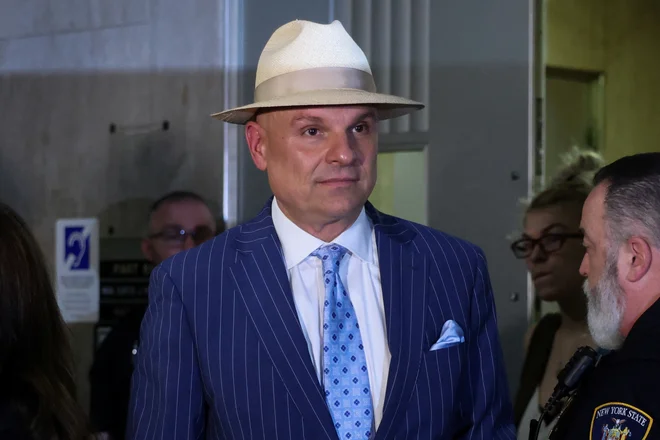

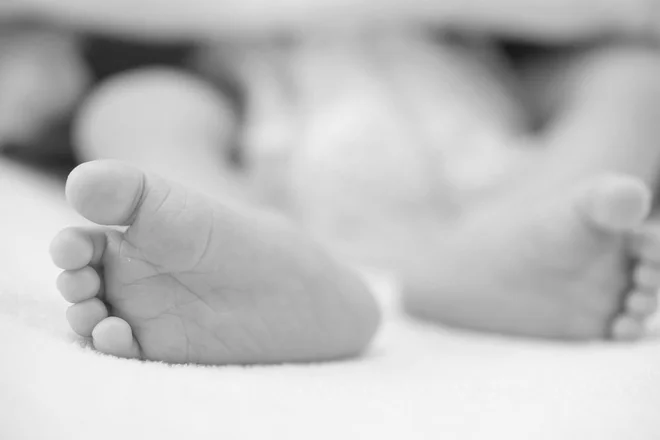

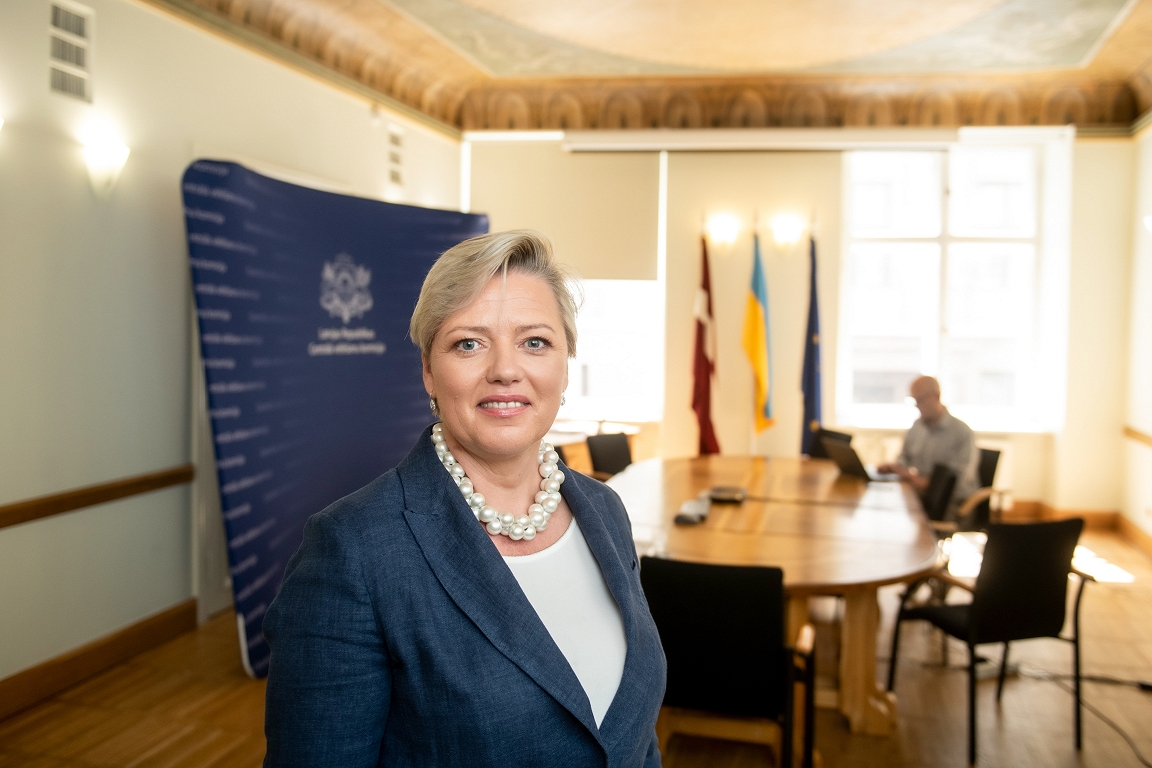

:format(webp)/s3/static.nrc.nl/wp-content/uploads/2025/06/10210845/web-1006BIN_vanWeel.jpg)